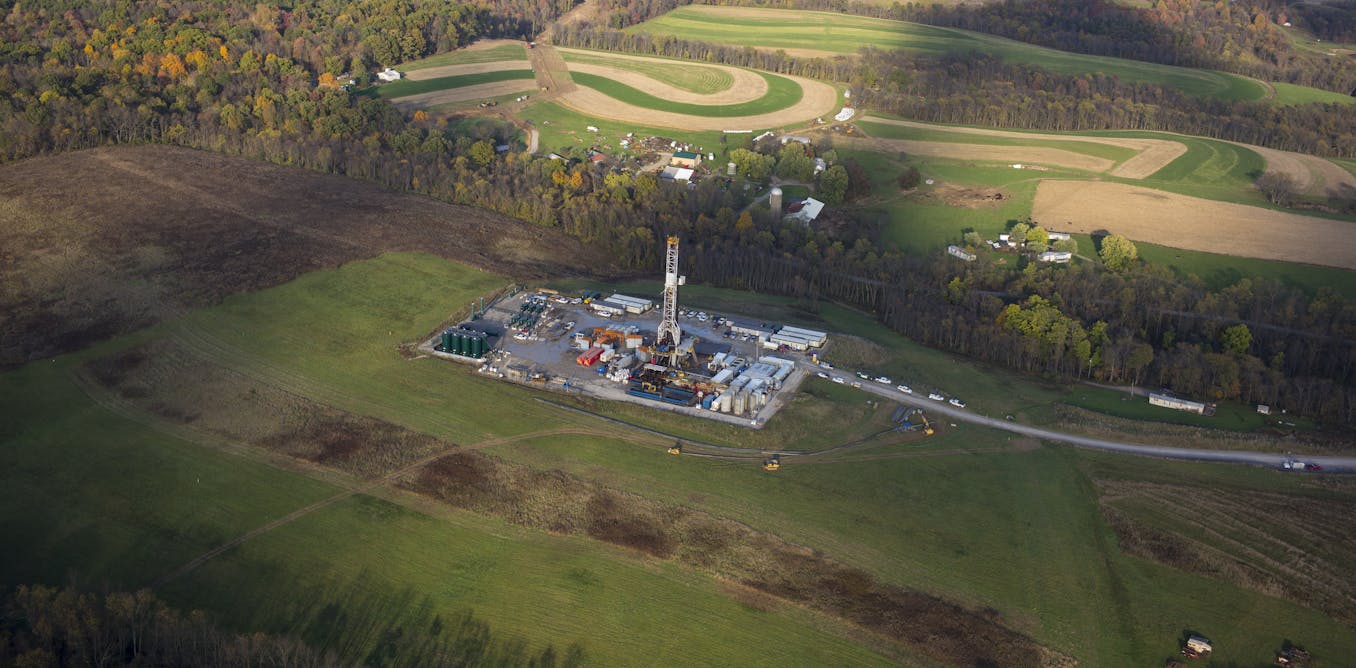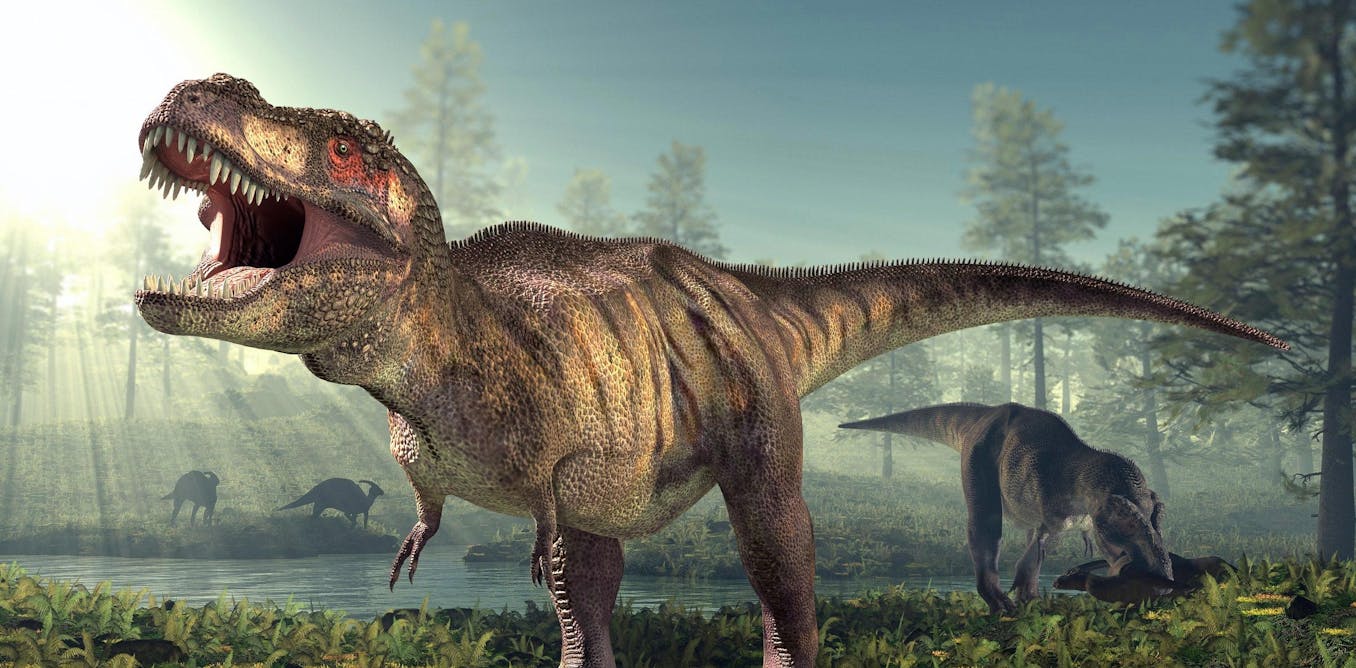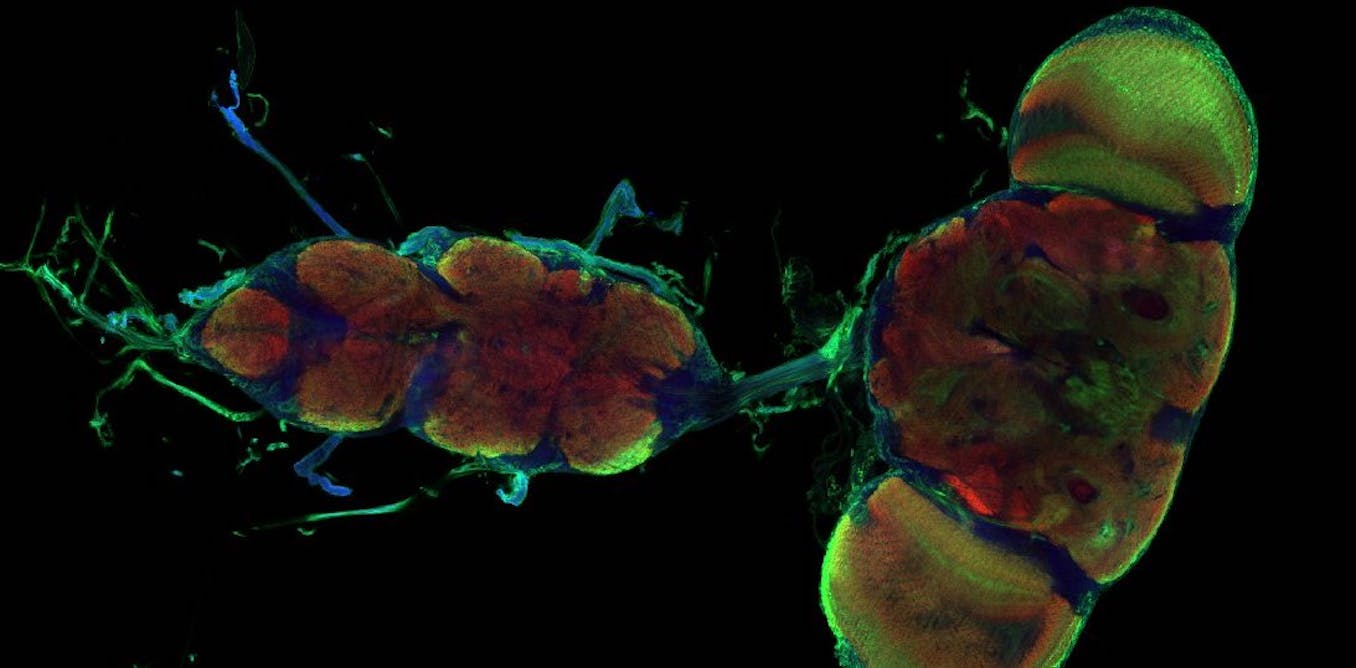Restoring land around abandoned oil and gas wells would free up millions of acres of forests, farmlands and grasslands
Abandoned US oil and gas wells and their associated land cover more than 2 million acres, a recent study estimates – an area larger than Delaware and Rhode Island combined.
June 8, 2021 • ~6 min









